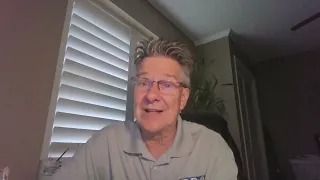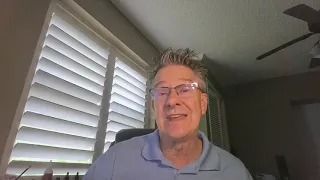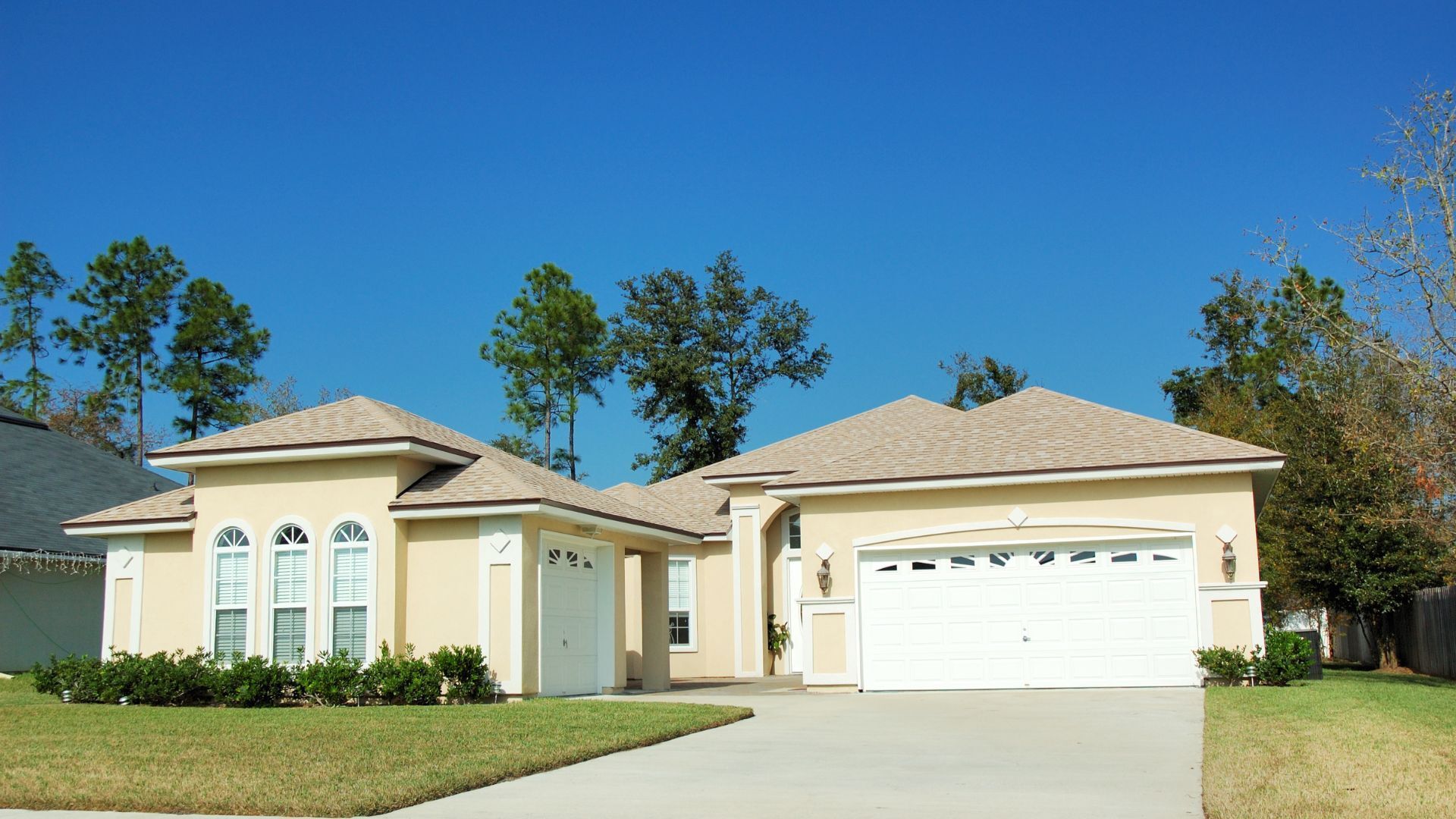Call (727) 784-5555
The national mortgage delinquency dropped to an all-time low in May, continuing two consecutive months of a decline since March.
The overall delinquency rate slightly dropped five basis points from April to 2.75% in May, according to Black Knight. The delinquency rate is 42% lower than the same period a year ago.
A total of 1.46 million properties were in early-stage delinquencies, defined as borrowers who missed a single mortgage payment, which is a slight increase of 0.2% from April due to typical seasonal patterns. It’s more than a 71% drop from the same period in 2021.
“Mortgage performance continues to be strong, with inflow of new delinquencies still running below pre-pandemic levels,” said Andy Walden, vice president of enterprise research at Black Knight. “With fewer new borrowers becoming delinquent, both overall and early-stage delinquency rates continue to trend downward.”
Some 595,000 properties were considered seriously delinquent, in which loan payments are more than 90 days past due, but not in foreclosure. That metric dropped 7% in May from the previous month. However, the number of properties in serious delinquency were 45% above pre-pandemic levels.
The country is still working through a surplus from the serious delinquencies that surged in the second quarter of 2020 as borrowers struggled to pay back their loans at the start of the pandemic, Walden said.
An estimated 140,000 renovated properties purchased at foreclosure auction or bank-owned auction were resold to owner-occupant buyers between January 2020 and December 2021
Presented by: Auction.com
“Even after 21 straight months of improvement, the population remains elevated some 45% over pre-pandemic levels,” he said.
Mississippi had the highest rate of serious delinquency of 2.35% in May. Louisiana followed at 2.12% and Alabama was third at 1.67%.
Despite elevated serious delinquency levels, foreclosure starts dropped 12% from April to 18,000 and continue to hold well below pre-pandemic levels while active foreclosures edged slightly higher.
Prepayment activity fell by 11.1% from the prior month and is down 59.1% from May 2021 on sharply higher interest rates.
Have A Question?
Use the form below and we will give your our expert answers!
Reverse Mortgage Ask A Question
We will get back to you as soon as possible.
Please try again later.
Start Your Loan
with DDA todayYour local Mortgage Broker
Mortgage Broker Largo See our Reviews
Looking for more details? Listen to our extended podcast!
Check out our other helpful videos to learn more about credit and residential mortgages.





